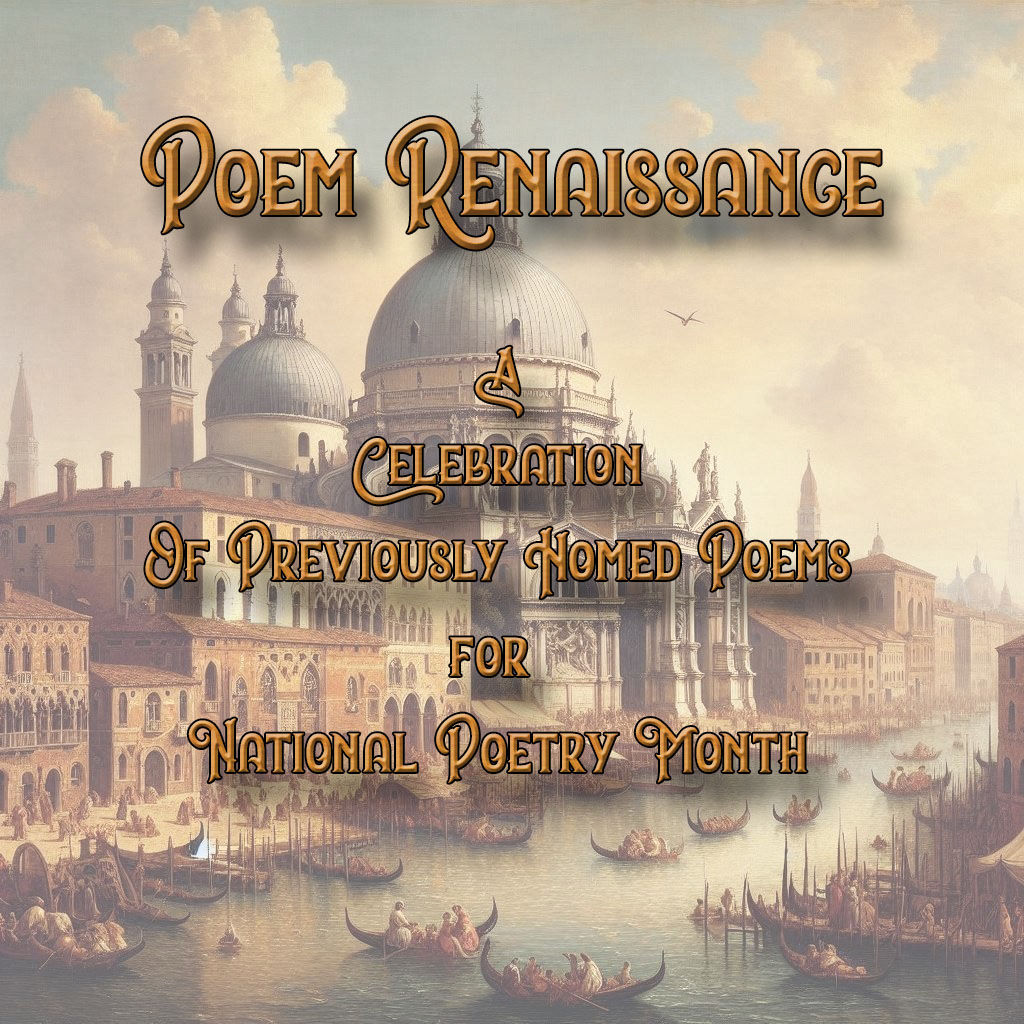Gyroscope Review is celebrating National Poetry Month with a Poem Renaissance, a review of previously published poems looking for new life and new views. Every day through May 20th, a new poem to fall in love with all over again.
The Mendelssohn Statue In Leipzig
by Robert Wexelblatt
Let the language of music tell only of noble things
is incised on its backside, as if Leipzig
almost felt ashamed of a sentiment
too impersonal for an epitaph,
too pompous for an apology.
Most people miss it or aren’t sure what it means.
Procrastination is the vector of pride and disgrace;
inaction the stand-off of admiration’s
tug-of-war with inbred hate. Forget the
father’s canny baptisms, the Christian
upbringing, the hopefully appended
Bartholdy. Grandfather Moshe frowned on
conversions, scorned the opportunism,
perhaps foreseeing their futility.
Abraham, son of a famous father,
father of a famous son, implored Felix
to drop the Mendelssohn from his programs.
A Christian Mendelssohn is an impossibility.
A Christian Mendelssohn the world will never recognize.
On the pedestal the ersatz surname
Felix didn’t like crawls underneath the
one he kept, a dropped wig of Magyar hair.
I should have discarded the name Mendelssohn,
immediately, wrote father bitterly to son.
The bronze effigy stands seven meters high
across from Bach’s own Thomaskirche.
A lyre-bearing muse, looking like a
foot-sore tourist, rests on the steps below
the Master. On one side a pair of angels
scrape a violin, blow a flute; on the other,
a brace of cherubs work through a vocal score.
Felix was the Queen of England’s favorite
composer; he and Albert could chitchat in
homely German. This thing looks echt Victorian
though it’s not yet a decade old. Here the
musical city’s champion, renowned,
romantically dead before forty,
takes his stand; still, it took the Leipzigers
twenty-one years to appoint a committee,
twenty-four more before they accomplished
their work, thirty-eight more for the city to
cleanse itself of the result, bearing out the
father’s prophecy: There can no more
be a Christian Mendelssohn than a Jewish
Confucius. Easy to dismiss the Fifth, to proclaim
the mighty fortress someone else’s God.
On November 9, 1936, Deputy Mayor
Rudolf Haake publicly declared the
Jew Mendelssohn cannot be displayed as
an exponent of a German city
of music. Nobody knows what became
of Werner Stein’s original sculpture—
melted down, perhaps, sent off to Essen, to Krupp.
Then nothing for sixty-seven years, a
vacant rest, Mendelssohn still stubbornly
world-famous yet statueless, neither
Christian nor Confucian, until, with private funds
and at a conductor’s urging, they erected this.
Now he stands on the Dittrichring under trees
in greatcoat cum toga, with his receding
Yiddish curls, right forearm resting on a
music stand, left hand grasping a score, leaning
slightly to the left, head held high. His gaze
is fixed. He could be looking back to the beloved
Bach or forward to a quasi-Jewish Mahler.
Edles nur künde die Sprache der Töne.
Only the noble proclaim the language of music.
First published in BlazeVOX
Robert Wexelblatt is a professor of humanities at Boston University’s College of General Studies. He has published fourteen collections of short stories; two books of essays; two short novels; three books of verse; stories, essays, and poems in a variety of journals, and a novel awarded the Indie Book Awards First Prize for Fiction.
Don’t forget to read the Spring 2025 Issue, available now, online and in print
Previous Renaissance Poets
April Poets
